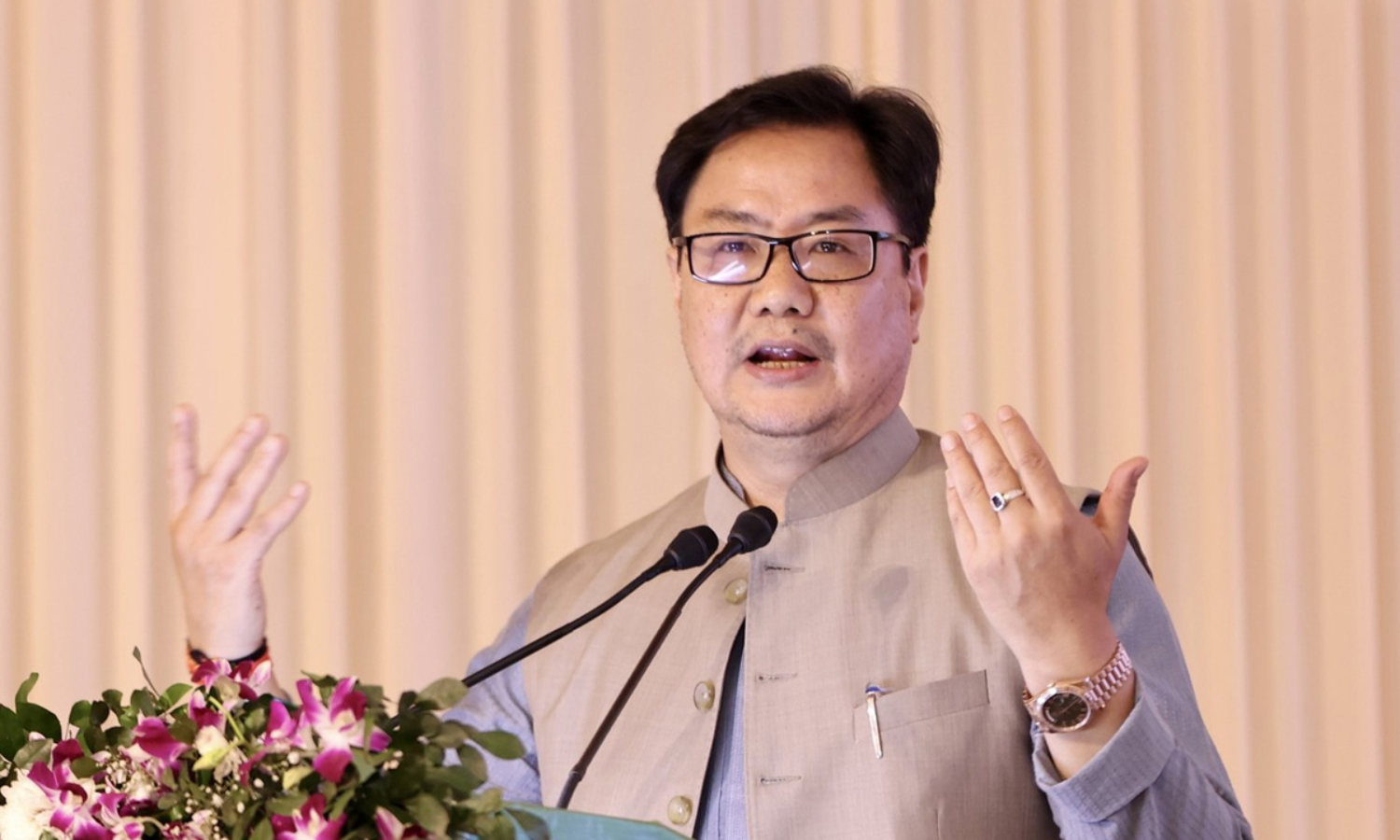During his recent visit to Jammu and Kashmir, Union Minister Kiren Rijiju highlighted the pressing issues of insufficient funding and inadequate collaboration between the J&K Administration and the Ministry of Minority Affairs. Though the Central Government has launched various initiatives aimed at enhancing development in sectors such as healthcare, education, and skill development, the lack of effective coordination between these entities has severely limited the successful execution of these programs. Minister Rijiju’s frank acknowledgment that J&K has not been adequately funded through Central Schemes is concerning. Given the region’s historical struggles stemming from years of conflict and political turmoil, substantial financial assistance is essential for rebuilding infrastructure, empowering youth, and uplifting marginalized groups. The Minister’s remarks regarding the coordination gap between the J&K Administration and the MMA pinpoint a systemic issue that requires urgent attention. Central Government initiatives like the Pradhan Mantri Jan Vikas Karyakram and PM-VIKAS have been introduced to cater to the developmental needs of minority communities and artisan groups, focusing on creating vital infrastructure, offering skill development opportunities, and promoting entrepreneurship. However, due to procedural inconsistencies and administrative inefficiencies, these benefits fail to reach the intended recipients in J&K. As Rijiju indicated, funding only becomes available after schemes are posted on the designated portal, a procedural step seemingly neglected in J&K’s context.
Effective governance relies on seamless collaboration across various administrative layers. In J&K, the shift from a State to a Union Territory has necessitated a reevaluation of the administrative framework, amplifying the need for harmonious interactions between central and local authorities. The J&K Administration is required to work closely with the MMA to ensure that programs are adequately developed, uploaded, and implemented. This involves not just meeting technical compliance but cultivating a shared vision for the region’s advancement.
The Minister’s focus on the implementation of schemes in 18 districts is a positive move; however, it must be supported by a strong monitoring system to guarantee efficient and transparent utilization of funds. Historical patterns reveal that insufficient utilization of resources has been a persistent problem in J&K, leading to disappointing results. Such inefficiency not only tarnishes the reputation of various development efforts but also translates into lost opportunities for the local population. Given the limited resources, it is crucial that every allocated rupee is spent wisely, with consideration for sustainable growth in the long term. To prevent a recurrence of past issues, the administration should adopt an active stance, utilizing technology and data analytics to monitor progress and tackle obstacles promptly.
Central schemes hold the potential to drive significant change. The region’s rich heritage of handicrafts and artisanal practices offers a unique opportunity for economic revitalization. By aligning skill development initiatives with market access, the Government can empower local artisans and generate lasting employment opportunities. Additionally, efforts to enhance healthcare and education must be paired with strategies to improve service delivery and ensure fair access for all.
The challenges raised by Rijiju are certainly manageable but demand immediate focus. The development of J&K is not merely a local concern; it is a national priority due to its strategic significance and the aspirations of its residents. To facilitate the growth that J&K rightfully deserves, a unified commitment is essential. As J&K progresses toward normalization and advancement, both central and local administrations bear the responsibility of closing the existing gaps and striving toward a unified objective. The potential for the region is vast, but realizing this potential requires a concerted effort, defined by transparency, accountability, and a collective dedication to progress. The Central Government should spearhead improved coordination, while the J&K Administration must exhibit the resolve and capability to carry out projects efficiently.


Leave a Reply